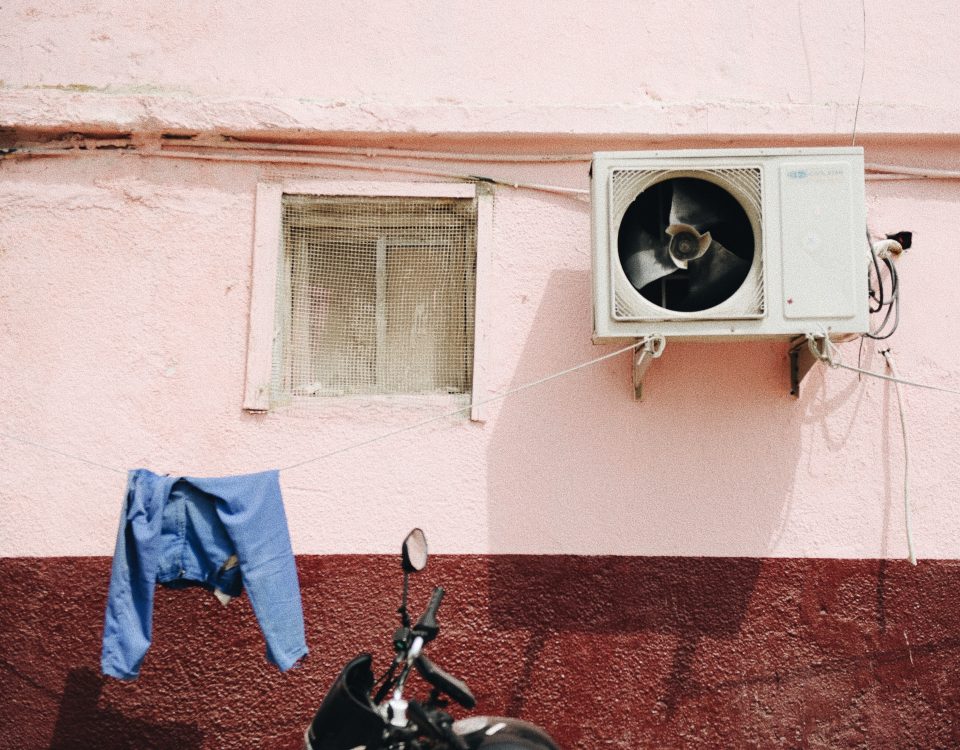
Household labor
July 15, 2020American women’s burdens are made worse by the cultural value placed on “intensive mothering,” a child rearing practice that idealizes expert informed and exhaustive care for kids by individual mothers. Exacerbated by unequal sharing, unattainable expectations, and the devaluation of carework and women’s labor, families, in particular affluent white households, have outsourced care to others. These circumstances have created carework for housekeepers and nannies that is often exploitative, with low pay and heavy care burdens. Not all mothers have the resources or inclination for intensive mothering and some actively resist these cultural expectations. For example, community mothering and extended kin care has long been in evidence in the African American community. Othermothering provides a strategy for resisting racism and addressing poverty in the face of institutionalized discrimination (Collins 1990).
Normative cultural understandings about what makes a good dad have shifted from seeing fatherhood through men’s success as breadwinners; to viewing men’s success as financial providers who also provide care; to heralding men’s success as new involved dads, who value their identities as caregivers, alongside their paid employment (Harrington et al., 2016; Ranson 2012). Nevertheless, domestic inequalities persist and studies consistently show fathers perform less caring labor.
Across all social groups, United States families fend for themselves, crafting their own care strategies without broad-based social policies to support nonparental care or encourage fathers’ participation. Under COVID-19, without access to childcare and children’s schools, the care crisis for employed parents is brought into sharp focus. Working mothers, in particular, find themselves burdened with even greater carework responsibilities for tasks that were already unequally distributed.
Key resources:
Collins, P. H. 1990. Black feminist thought: Knowledge, consciousness, and the politics of empowerment. New York, NY: Routledge.
Collins, Caitlyn. 2019. Making motherhood work: How women manage careers and caregiving. NJ: Princeton University Press.
Dow, D. M. 2019. Mothering while Black: Boundaries and burdens of middle-class parenthood. Oakland: University of California Press.
Palley, Elizabeth & Shdaimah, Corey S. 2014. In our hands: The struggle for U.S. child care policy. NY: New York University Press.


